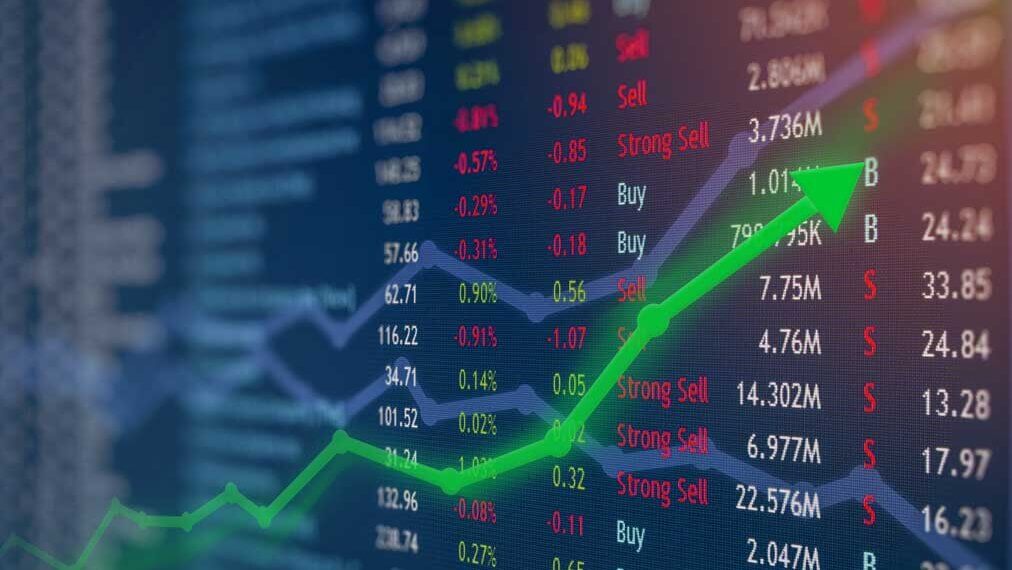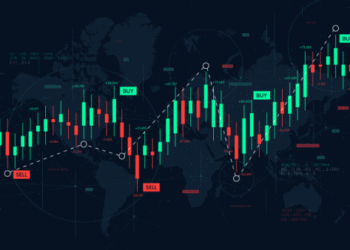Global markets experienced a significant rise on Monday after President Donald Trump decided to delay his planned 50% tariff on European Union imports which reduced investor worries about growing economic tensions between major world powers.
Through Truth Social Trump revealed on Sunday that his “very nice” call with European Commission President Ursula von der Leyen resulted in a postponed July 9 deadline for negotiations rather than the originally planned June 1 date. The stock market recovered from its previous week losses due to Trump’s initial tariff warning.
The U.S. stock markets remained closed on Memorial Day but their futures indicators indicated a positive start for Tuesday. The future prices of the Dow Jones Index rose by 1% while S&P 500 and Nasdaq-100 futures prices grew 1.2% and 1.4% respectively.
The trade policy and monetary direction of the U.S. economy remains uncertain for businesses and investors who are trying to navigate this situation. During his Bloomberg TV appearance Minneapolis Fed President Neel Kashkari stated that trade talk outcomes would help determine interest rate decisions. According to him meaningful trade agreements reached within the next few months will deliver sufficient clarity that investors seek.
The markets show high sensitivity towards tariff-related news developments. Citigroup analysts predicted on Friday that EU goods subject to a 50% tariff would reduce the Stoxx Europe 600 index by 7% to 8%. European benchmark stocks experienced a positive turnaround when the deadline extension occurred which boosted investor confidence in export-oriented industries.
The short-term tariff delay creates an opportunity for negotiators to settle crucial matters about trade imbalances and agricultural access and auto exports. The EU’s $230 billion goods surplus with the United States has long been a target of Trump’s criticism which he uses tariffs to achieve new trade agreements.
The market reacted positively to the news but experts warn about continued high risks of further escalation. A failure to reach a deal by July 9 could bring back market volatility because of sudden changes in Washington’s policies.










